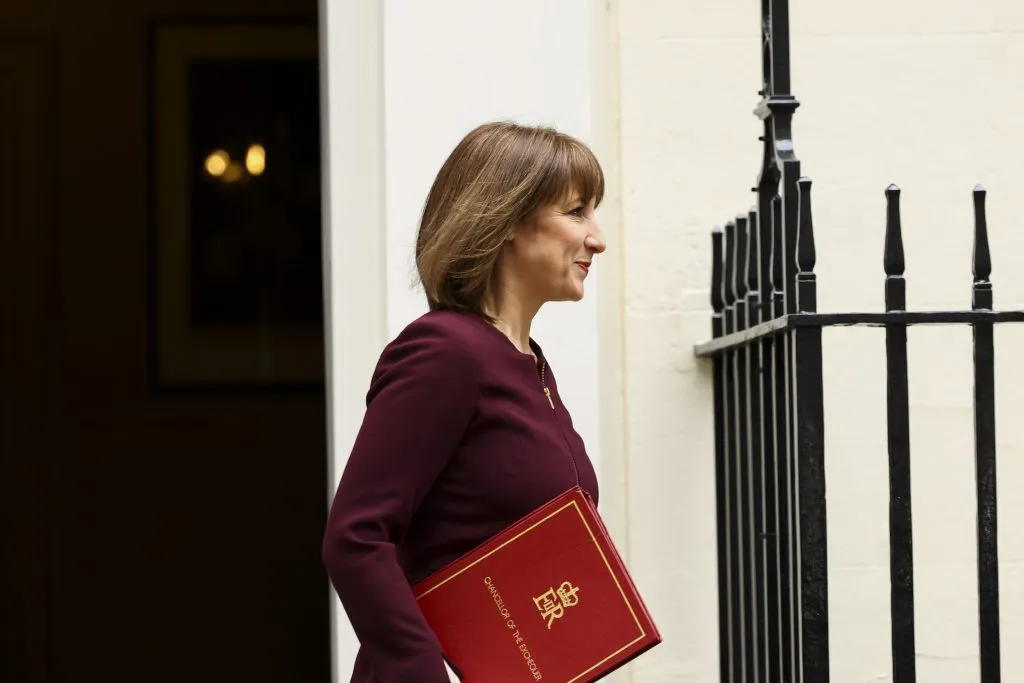
The Chancellor has confirmed that tax rises and spending cuts will be a key part of the Budget, leaving several property levies exposed to hikes.
Rachel Reeves (pictured) said: “Of course, we’re looking at tax and spending,” she told Sky News ahead of the government’s 26 November fiscal statement.
She added: “But the numbers will always add up with me as chancellor, because we saw just three years ago what happens when . . . the Conservatives lost control of the public finances, inflation and interest rates went through the roof.”
Reeves blamed “austerity, Brexit and the ongoing impact of [former Prime Minister] Liz Truss’s mini-budget” for the current situation where Labour has to find between £20bn and £30bn to restore its operating headroom.
She added: “There is no doubting that the impact of Brexit is severe and long lasting. People thought the UK economy would be 4% smaller because of Brexit.”
Reeves has ruled out lifting employees’ national insurance, income tax, or VAT, which account for around 75% of the Treasury’s revenue.
This means the Treasury will have to look elsewhere for tax rises, and highlights three lightly drawn property measures that were floated to the press in the summer.
The department is considering a new property tax on the sale of homes worth more than £500,000.
This levy would be paid by homeowners rather than buyers, as is the case with stamp duty, at a rate to be determined by central government.
Currently, buyers in England and Northern Ireland are required to pay stamp duty on properties valued over £125,000. For first-time buyers, the threshold is £300,000.
The levy raised £11.6bn last year, according to government data.
The new property tax would affect only about a fifth of property sales, compared with about 60% for current levels of stamp duty.
Several bodies, such as the Institute for Fiscal Studies and the Resolution Foundation, argue that stamp duty should be abolished as part of wider property reforms, as it impacts social mobility.
Last week, Conservative leader Kemi Badenoch pledged to abolish stamp duty on primary homes if her party returns to power at the next election.
Secondly, the Treasury is also studying plans for a new local annual property levy is being looked at to replace council tax over an unspecified phased period.
This would see owners, rather than the residents, of a property worth up to £500,000 paying varying rates of tax depending on the value of their home.
The levy, which may take years to come into effect, is expected to start at £800 a year with funds going directly to local councils, whose finances have been stretched in recent years.
Finally, landlords may also be hit by proposals to apply National Insurance to rental income, in a move the Treasury hopes will raise £2bn.
Earlier this month, former Liberal Democrat leader Sir Vince Cable, who chairs the Independent Housing Policy and Delivery Oversight Committee, denounced this move.
Cable said that “putting national insurance tax on landlords would be most likely to lead to higher rents for tenants.
“That is, in effect, an increase in taxation on working people.”



